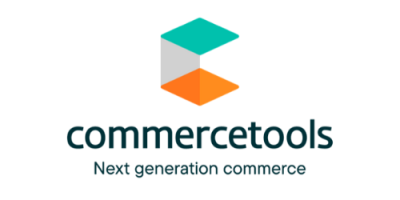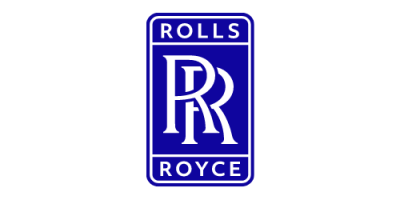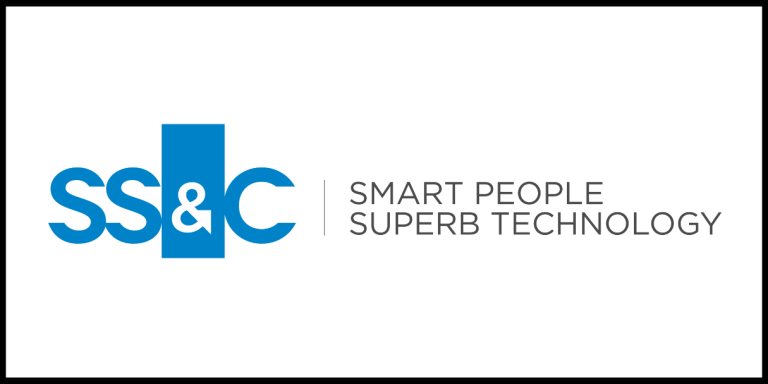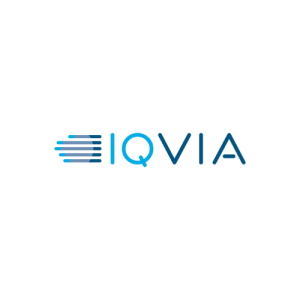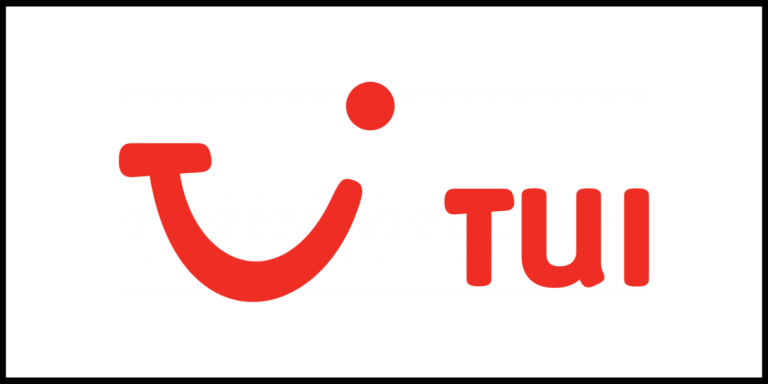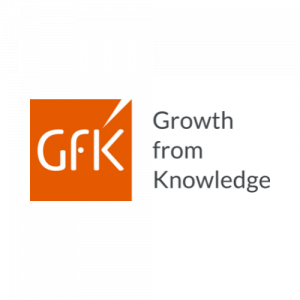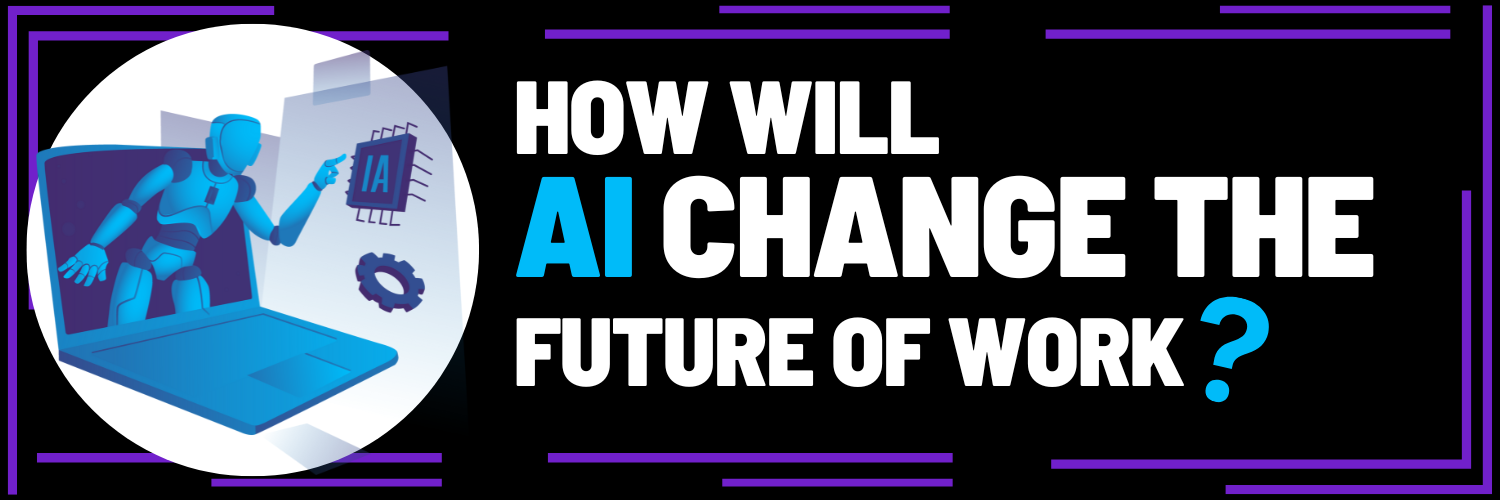
Content Menu
How Will AI Change the Future of Work? Top 10 Tips for Employers.
The future of work is here, and rapid advancements in AI are reshaping the workforce Employers—particularly CTOs, CIOs, and Heads of Engineering—must stay ahead of these shifts to ensure their teams have the skills needed for the future. We asked our industry partners and our community of women in technology how they are navigating this transformation.
Here are ten key strategies to help technology employers prepare their workforce for the future of work.
1. Invest in Data Skills
Data is the backbone of AI. Companies that invest in data analytics, AI-driven insights, and machine learning capabilities will be better positioned for the future of work. Code First Girls has placed more women in data science and analyst roles than in any other tech field, helping organisations build a pipeline of data talent. Demand continues to surge for roles such as Data Engineer, Insights Analyst, and Business Analyst. Training existing employees in data skills ensures that they also can leverage AI tools effectively and drive business performance.
2. Prioritise Cloud and Cybersecurity Expertise
AI adoption increases an organisation’s need for secure, scalable cloud solutions. As technology advances, so do cybersecurity threats, making cloud security a top priority. Companies investing in Cloud and Cybersecurity talent ensure resilience against cyberattacks while enabling AI-driven efficiencies. Roles such as Cloud Engineer, Cybersecurity Analyst, and Cloud Security Architect are in high demand, and organisations must hire or upskill their workforce accordingly.
3. Emerging Job Roles in the Future of Work
AI is creating entirely new job categories. Roles like Prompt Engineer, AI Product Manager, and AI Ethicist are becoming crucial to integrating AI responsibly. Companies must adapt hiring strategies to include skills like AI ethics, prompt engineering, and AI-driven problem-solving. As Sarah Milton-Hunt, Chief Information and Digital Officer at National Grid, recently highlighted, technical literacy is evolving.

4. Conduct Strategic Workforce Planning
Gartner suggests that AI is going to generate 500 million net new jobs by 2036. Organisations that proactively map out future workforce needs and integrate AI-focused learning programs will gain a competitive edge. Many of our partners start with foundational training in Python and Data & SQL before progressing to advanced AI and Machine Learning programs. Strategic planning ensures that employees continuously develop relevant skills.
5. Develop T-Shaped Developers
The demand for mid-level technologists who blend technical depth with leadership skills is rising. T-shaped developers—those with deep expertise in one area but broad knowledge across others—are crucial for AI-driven transformation. Employers should foster skills like Agile development, DevOps, and cloud automation to build adaptive, AI-ready teams. Our Mid-Level Accelerator supports companies in upskilling developers, improving retention, and unlocking innovation.

6. Retain Talent with Reskilling and Redployment
Reskilling and redeployment will become imperative to retaining talent and staying competitive in the future of work. Not only is reskilling important for keeping up with the accelerated pace of growth in tech but will also give companies the best opportunity to avoid having to make redundancies to adapt to the changing industry.
This is especially important for individuals in the roles that are likely to be affected or taken by the rise of industries like AI. Hubspot estimates that these roles may include Computer Support Specialists and Market Research Analysts. There is such a great opportunity to use existing talent inside businesses to create new career and growth opportunities, creating a win-win situation for employees and employers alike.
7. Embrace AI Productivity Gains
Studies show that AI significantly boosts productivity, particularly in the field of software development. According to McKinsey, their developers found ‘impressive speed gains for many common developer tasks’ such as writing and optimising existing code.
While many developers may be concerned by AI’s capabilities, research such as this suggests that AI will transform roles, allowing individuals to focus more on strategy and high-level thinking. McKinsey suggests that 20-30% of our work will be transformed by automation in the coming decade.
In our recent survey, a massive 56% of our community in tech based roles said that they use AI on a daily basis – with the majority of these people saying they use AI to gather information quickly (65%), to improve productivity (58%) and to improve speed of work (47%).

8. Foster a Culture of Continuous Learning
AI evolves rapidly, requiring employees to stay adaptable. Companies that build learning-driven cultures will outpace competitors. Encouraging employees to explore AI, data science, and automation through structured learning pathways ensures a workforce that can keep up with industry advancements. Our AI learning programs enable employers to upskill employees into key AI roles such as AI Engineer, ML Engineer, and Big Data Engineer.

9. Focus on AI and Governance
AI introduces ethical and regulatory challenges. Companies must implement governance frameworks to ensure responsible AI deployment. Transparency, bias mitigation, and AI-driven decision accountability are critical. Employers should train teams to develop and monitor AI systems with ethical considerations in mind, ensuring compliance with emerging global regulations.
10. Act Now to Stay Ahead
The future of work is already unfolding. AI-driven transformation is not a distant reality—it’s happening now. Companies that proactively upskill employees, integrate AI into operations, and adapt to emerging roles will thrive. Employers who take action today will secure long-term success, positioning their workforce as leaders in the AI revolution.
Prepare for the AI-driven workforce today. Learn how Code First Girls and Code First Teams courses can support your organisation in building an AI-ready team—get in touch with us below.



